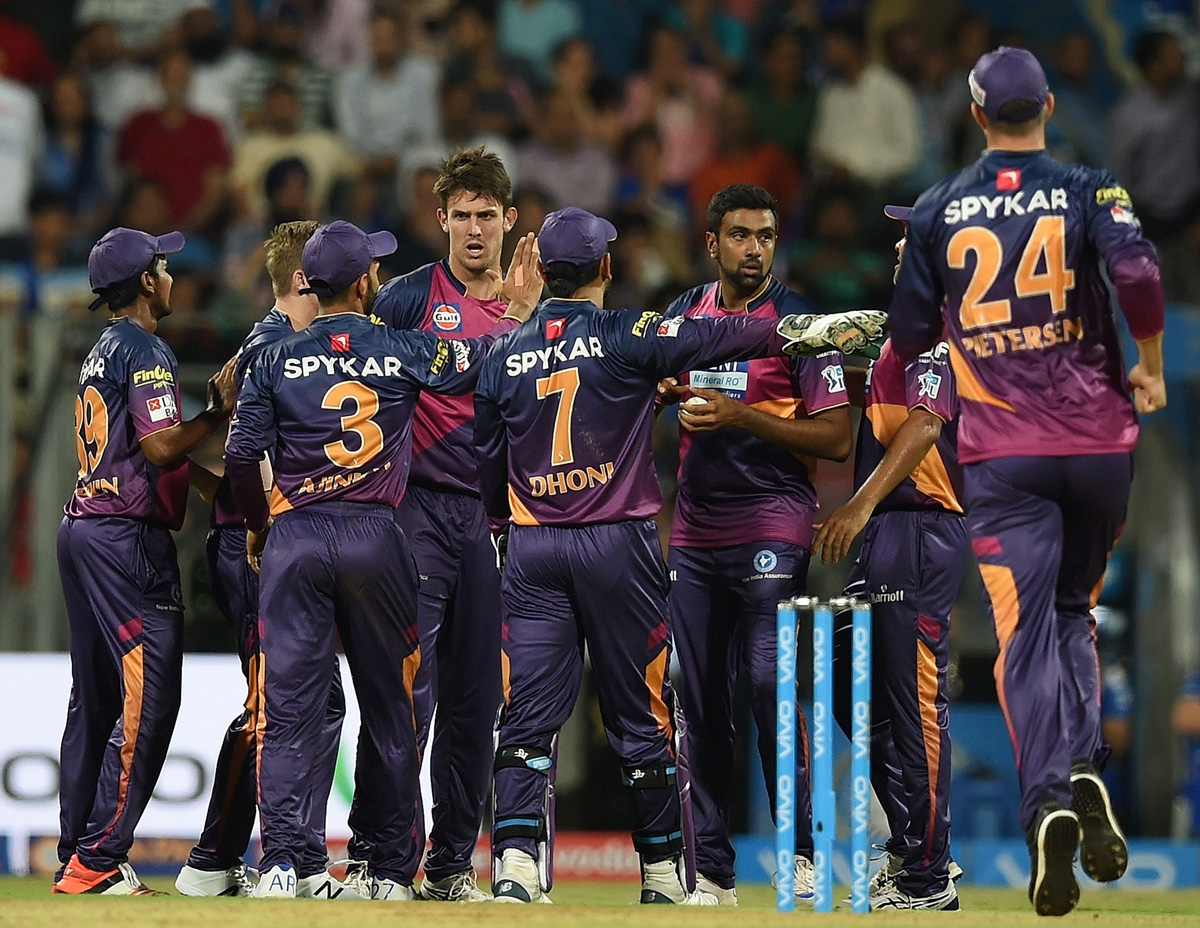Among the things that fascinates me the most about the IPL, it was true in IPL-1 that I saw from close quarters and is true eight years later, is how teams assimilate players from all over and try to form a cohesive unit. It is not easy and that is why, in football leagues and in the IPL, leadership is so important.
Teams are full of superstars and bit players, sometimes overpaid underperforming stars playing along with overperforming underpaid bit players. Sometimes, auction dynamics mean players performing similar roles can have half a million dollar differences in their incomes. You might have major stars having to miss out because you can only play four overseas players in a team. There might be insecure players and over-confident players and keeping everyone happy and optimistic is a gigantic task. One year M.S. Dhoni said he was happiest at the fact that some top players weren’t getting games but the dressing room was still happy. That is an achievement.
That is why I was so interested in reading Francois Pienaar’s views on South African cricket. Pienaar was the iconic rugby leader in 1995, a role made even more dramatic post the film Invictus. But he didn’t only win with a cohesive, emotion- charged South African rugby side. He won almost everywhere, he understood winning and what it took and so, was asked to be part of the committee reviewing South African cricket.
The first thing he said he would do was to look at the team culture. Notice he didn’t say he would study how much talent resided in the team, or whether they were using the right strategy on big days. No. He said he would look at culture because “culture trumps strategy for breakfast”. When the culture is right, when everyone is playing for each other, when the mood is optimistic, performances keep popping up. Culture makes talent flower.
True, you can’t win without talent but in a highly-competitive environment, talent is everywhere. There is scarcely an IPL team that can say it doesn’t possess the talent to win the tournament. But sometimes, for all the talent that resides within, teams can get negative, can have key players competing with each other rather than for each other. Teams sometimes allow themselves to believe the world is against them, can set off major alarms over minor matters, get into a siege mentality and exhaust themselves with such emotions before they take the field. It has happened before and it will always happen.
And so the job of the team leadership is to create the culture that allows talent to flower. Good teams, even at the IPL, dare I say especially at the IPL, spend a lot of time getting to know each other well, understanding each other, occasionally rallying around each other. It is something that comes through in Alex Ferguson’s books as well. Insecure, testosterone-fuelled athletes can be like vehicles out of control.
One of my favourite IPL sights is when KKR won a couple of years ago. Ryan ten Doeshcate, a good cricketer and a lovely man, didn’t have a big role to play, wasn’t in the team, wasn’t even in the dug-out where places are limited. He was in the change room but when KKR won, he sprinted down and onto the ground like he had played a match-winning innings. I saw that and I thought, “Yes, winning creates its own exhilaration but this team seems happy.”
Very often, this glue to the team comes from the captain or the coach because playing for inspirational people can be motivation in itself. But sometimes, this can come from little-known back room people who work their backsides off to ensure everyone is happy. They don’t score a run or take a wicket but they contribute to the culture of the team.
Pienaar’s line, “culture trumps strategy for breakfast”, originally articulated by the sage Peter Drucker, is a good line to debate.

Get a copy of tabla! for more stories.






